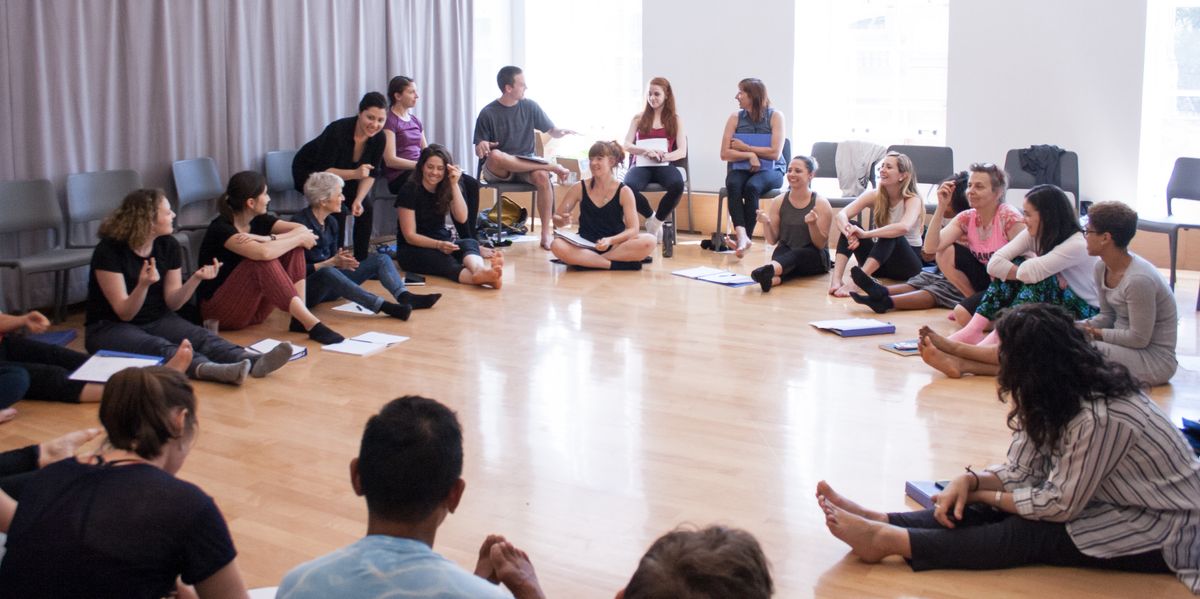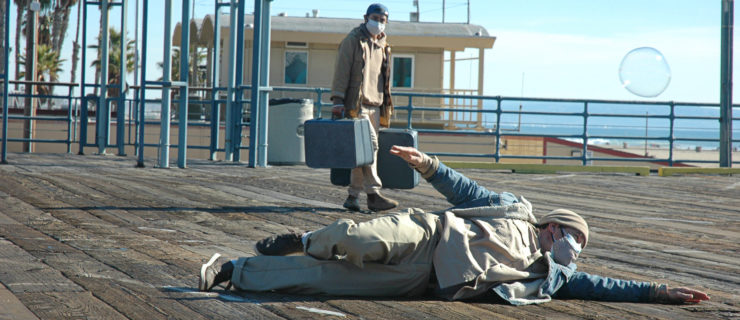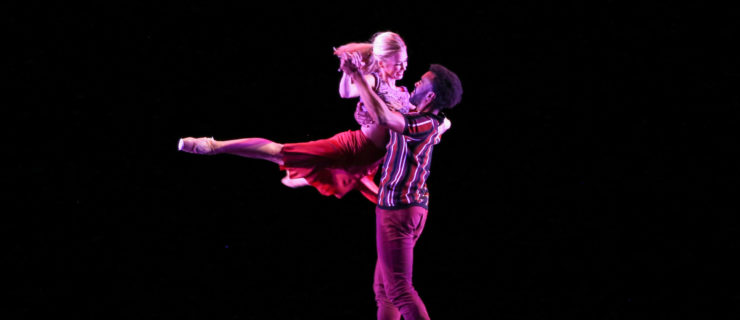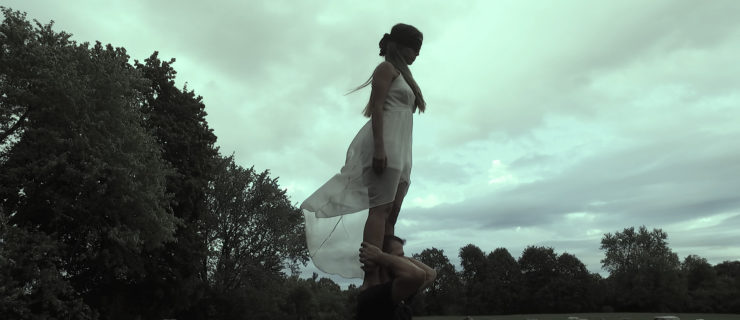3 Tips for Dancers Who Want to Explore Activism
Are you passionate about social issues, but unsure of how to incorporate them into your work? Yasemin Ozumerzifon, director of community action at Gibney in New York City, offers advice to beginners:
1. Get Specific.

Scott Shaw, Courtesy Gibney
Choose a particular cause. “When we’re addressing something really large and systemic, it might be hard to know where to start,” Ozumerzifon says. “There are so many issues in the world, but find that passion or key connection to whatever you want to address.” Whether it be climate change, race or gender-based violence, start your project with a conversation, a new partnership or a phrase of choreography. “It’s okay to start small. You’re still making a difference,” Ozumerzifon says.
2. Partner Up.

Ozumerzifon notes that dancers are already experts at taking care of their bodies and at building community with those they work with every day—two critical skills when it comes to social action. But you can’t expect to do the job alone. “Artists, lawyers, social workers—anyone you can think of—all have a part to play,” Ozumerzifon says. Think outside the dance studio and leverage your network. “We can’t play all the roles, and working by ourselves is so much harder.”
3. Practice Advocacy Offstage.

Scott Shaw, Courtesy Gibney
Your work towards a cause doesn’t only have to happen onstage. “Whether we’re explicitly doing socially engaged work as artists, or if we’re holding rehearsals or teaching, we can be leaders in our communities at any moment,” Ozumerzifon says. Ask yourself if you’re promoting the world you wish to see by the way you interact with your peers, colleagues or students. “Are we building and listening to one another?” Ozumerzifon asks. Social change begins with your day-to-day interactions.




